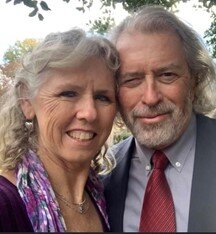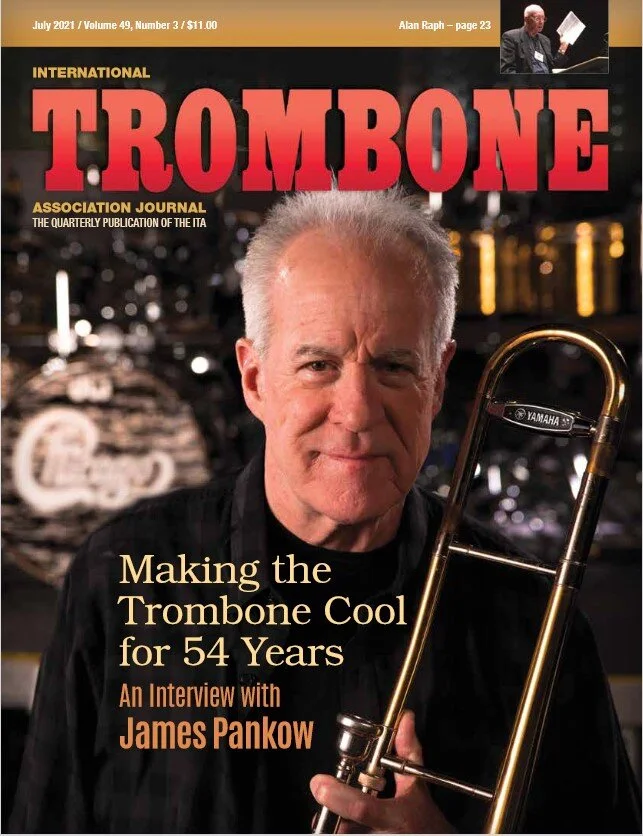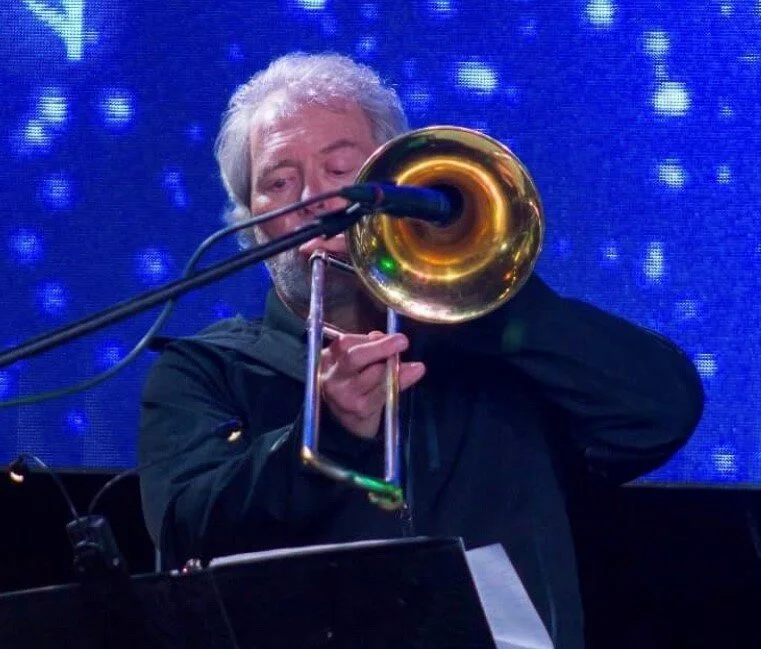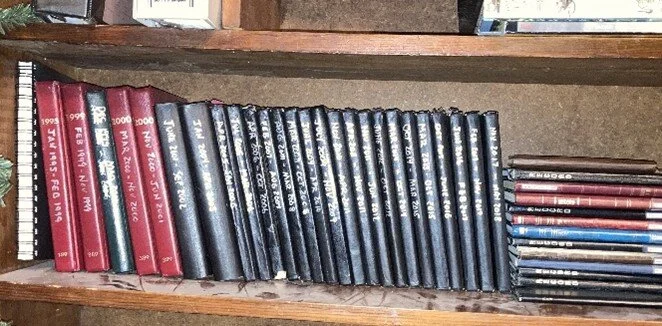Living a Monk's Life?
/
This is an excerpt from my latest book, Practicing Faith
I’ve wondered if I would enjoy the monastic life. Being alone and spending my days reading and studying, writing and praying, sounds pretty good to me. The idea of unlimited time to develop my thoughts and work through ideas is very attractive.
But real monks don’t seem to spend that much time reading, writing, and studying. If that was all they do, they would starve to death within a few weeks. Monks spend most of their time working, just like everyone else. Everyone has to earn a living. Most accounts of monastic life tell of hard labor and hot work in the fields or the kitchen all day, every day - and of rising at 4:00 a.m. for morning prayer - and of meeting for worship five or six times daily. Monks may be isolated from the outside world, but they hardly live in solitude. A monastery is a tight community of people living their whole lives close to each other.
That isn’t what I wanted. A monk’s life didn’t seem to leave much room for expression or individuality, and I would have a problem with that. And besides, wives aren’t allowed in monasteries, and I would be miserable without Cyndi. The whole celibate thing trumped all the benefits, if you ask me.
But the idea of holing up by myself had always sounded good.
One Thursday morning I found myself sitting on a big rock perched on the lip of a box canyon in the badlands southwest of Iraan, Texas. I was under a tree, in the shade, watching for rattlesnakes and waiting for a wireline truck to finish running the perforating guns into the casing of a gas well I was working on. A cool breeze was blowing, and I was writing in my journal. It was so quiet and peaceful and stimulating to be sitting there by myself, I wondered if I could be happy living as a hermit in the back of one of these canyons. That is, if I had an ample supply of food, water, shade, books, and of course, running shoes.
Louis L’Amour wrote, in his autobiography Education of a Wandering Man, about a time when he was hired to guard a mine that lay in a basin at the end of thirty-odd miles of winding, one-lane dirt road in remote southern California. There was a concrete bunkhouse to live in. L’Amour’s boss dropped him off in front of the bunkhouse and drove away, leaving Louis all by himself. He wrote, “It was not Walden Pond. There was no water here except what came from a well. There were no forests. There wasn’t a tree within miles.” But there were boxes of books left by the previous occupant, and Louis L’Amour devoured them. He said the loneliness never affected him because he was so busy reading.
Well, that sounded a lot better than being a monk: minimal obligations, plenty to eat and drink, unlimited time to read, and time to go for a long run every day. I wouldn’t even have to fight for survival, like Tom Hanks in the movie Cast Away, and I wouldn’t have been without books or paper. I could really be alone, thinking and reading.
But as I sat on that rock and contemplated the uninhabited canyon in front of me, I knew I wouldn’t be happy living that way for long. Besides the fact that I couldn’t be happy without Cyndi, I realized I was never totally happy learning and studying and analyzing unless I had an opportunity to share what I’d learned. It wasn’t enough to do something; I wanted to tell my stories afterward. Somehow the sharing was part of the learning process, as if I wouldn’t have room to learn more unless I passed along what I already knew.
So, while I dreamed of a hermit’s life of solitude, I knew it was a mythical, idealistic image I’d created. Sure, I could live alone—but I didn’t want to live alone. I couldn’t imagine a life without Cyndi, and I couldn’t imagine learning anything new and different and not having someone to share it with. What a waste that would be. It was in the sharing that I really learned what I knew, and it was the opportunity to share that made me want to learn more. That was the source of my joy in teaching—the chance to give away what I’d learned. It couldn’t be done living alone in the desert.
“I run in the path of Your commands, for You have set my heart free.” Psalm 119:32



















